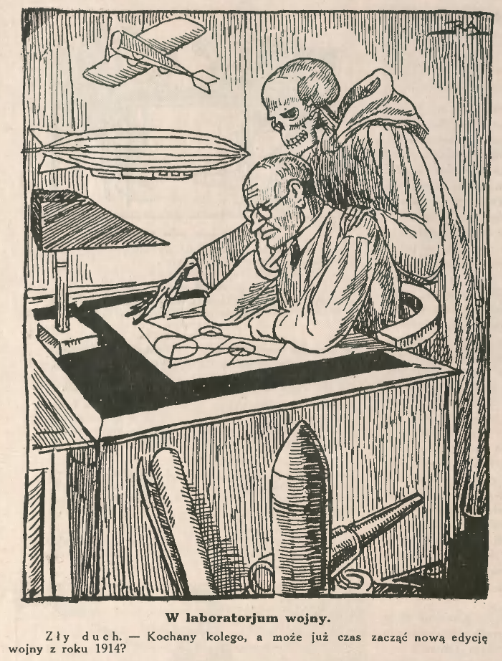General Description
Section outline
-
Instructor: Karl Hall
Number of credits: 4
Course level: Masters
Time: Mondays at 15:40 and Thursdays at 13:30
Location: A201 and A214
Instructor's office hours: Monday 13:30-15:30; Wednesday 14:00-15:00; Thursday 11:30-12:30; and by appointment
Zoom option: If you require Zoom access for health reasons, etc., use this link. Please alert the instructor beforehand if you will not attend in person; online access is not automatic.
On the eve of the First World War the educated classes of the Habsburg and Romanov Empires remained a tiny elite, even if the universities had begun to facilitate upward social mobility, and more functions for the "intellectual" were gradually taking form. This course explores themes connecting intellectuals and the formative experiences of the wider European war. The "mobilization of intellect" involved more than literary figures offering patriotic rationales for victory. We seek to understand how the war accelerated prior trends or initiated new ones in various cultural domains, and what legacies the war had for intellectual life after Trianon and Brest-Litovsk.In this course we will spend most of our time on the "home front." It is true that many intellectuals became cannon fodder at the front, and on occasion this would later feed into growing popular cynicism about how the war was being prosecuted. But intellectuals qua soldiers are marginal to our enterprise here, while at the same time we need to understand that their domestic roles extended beyond sustaining (or, more rarely, criticizing) ruling and/or popular views of the war. The war haltingly facilitated new forms of expertise, even if it did not yield a total mobilization in this respect. But insofar as the war contributed to our understanding of the role of the intellectual in modern society, we shall cast our nets widely.
 A few caveats: political, diplomatic, and military history are marginal to this course. And even insofar as our focus is on culture, I take it as crucial to the objectives of this course that we study more than "high culture" and the avant-garde. Our focus will be on Central and Eastern Europe, and reference to the British and French experiences will largely be limited to any historiographical lessons we might take from the vast literature on the Western Front. The German (not to say Austrian) case will loom somewhat larger for pragmatic reasons, if only because a larger secondary literature in English can provide us with points of entry for topics still inadequately represented in English for the regional languages that concern us. Where possible we will make use of Russian, Czech, Polish, Austrian, Hungarian, and Ukrainian readings as crucial to the scope of the course.
A few caveats: political, diplomatic, and military history are marginal to this course. And even insofar as our focus is on culture, I take it as crucial to the objectives of this course that we study more than "high culture" and the avant-garde. Our focus will be on Central and Eastern Europe, and reference to the British and French experiences will largely be limited to any historiographical lessons we might take from the vast literature on the Western Front. The German (not to say Austrian) case will loom somewhat larger for pragmatic reasons, if only because a larger secondary literature in English can provide us with points of entry for topics still inadequately represented in English for the regional languages that concern us. Where possible we will make use of Russian, Czech, Polish, Austrian, Hungarian, and Ukrainian readings as crucial to the scope of the course.Caption: In the laboratory of war
Evil spirit: “Dear colleague, perhaps it’s time to start a new edition of the war from the year 1914?”
Mucha (Warsaw, 1929)
Requirements and assessment: 12-15-page (double-spaced) research paper (40%); annotated bibliography (10%); class presentation (20%); discussion leader (10%); class participation (20%)
Annotated bibliography due November 25
Research paper due December 20
Learning outcomes: Students will gain a working acquaintance with the role of a variety of forms of expertise in the depiction and prosecution of the first world war, with special emphasis on intellectuals from Central and Eastern Europe. Our aim is to introduce students already familiar with the main outlines of the immensely rich historiography of the Great War to fresh avenues of approach that can contribute to a more sophisticated understanding of the intellectual legacies of this conflict.
Class Attendance: Regular attendance is mandatory in all classes. Please consult student handbook for the applicable rules and penalties.
With an appropriate research paper topic this course counts toward the Advanced Certificate in Central European Studies.
-
Opened: Thursday, 19 December 2024, 12:00 AMDue: Friday, 20 December 2024, 11:59 PM
You may upload your research paper here.
